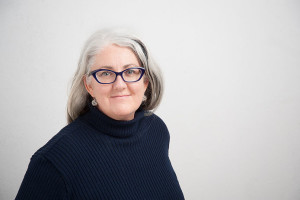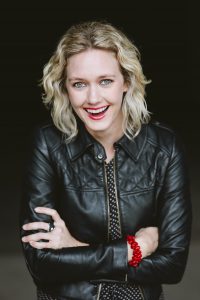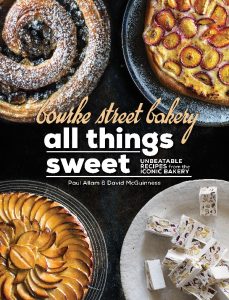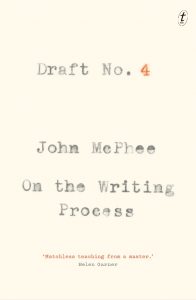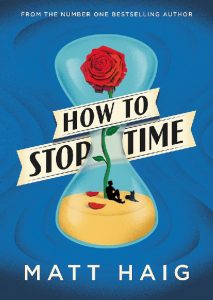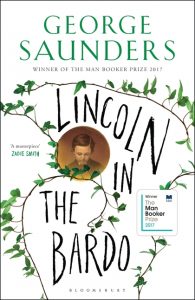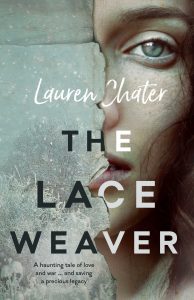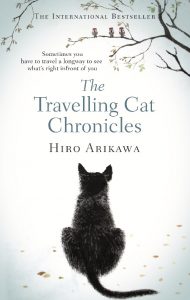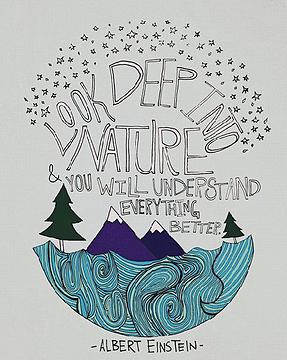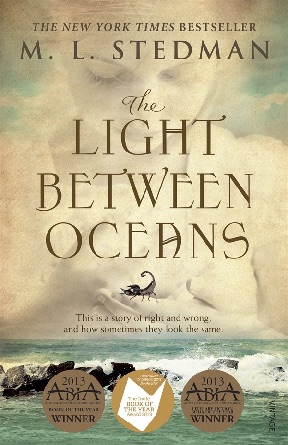Interview: Jenny Ackland on Writing The Secret Son
October 14, 2015
It is my pleasure to welcome Australian author Jenny Ackland to the blog to talk about writing her debut novel THE SECRET SON.
(My review of The Secret Son can be found here)
Jenny has developed strong connections to Turkey over the last 25 years, falling in love with the country after she fell in love and married a Turkish man. The novel is infused with her love for that country and its people. She is a teacher and writer who now lives in Melbourne.
What inspired you to dream up a story about Ned Kelly’s lost son?
I never intended to write a story with anything about Ned Kelly. If you’d told me I would, I would have laughed and said something about ‘it’s been done before, it’s not original.’ And I never intended to write a Gallipoli storyline either. The manuscript was written in stages. I’d started in 2000, when I was living in Istanbul with my then-husband and our small child. I’d read a gorgeous trilogy by Turkish novelist Yaşar Kemal, about Anatolian villagers, and their annual trip down to the plains to pick cotton. I was entranced and inspired.
So I wrote 60,000 about a Turkish village, populated with my own villagers. I had a lot of fun writing it but there was no story, just characters and scenes. Then life got in the way and I put it to the side. Much later, when I took it out to look at and possibly develop, I realised no Australian reader would be interested in villagers living in a Turkish village, I needed a bridge, a character to connect Australia to Hayat. That’s when Cem came in.
The idea about a secret son of Ned Kelly came later still. I’d decided that to write about Turkey and Australia I had to include Gallipoli in some capacity. I wanted a soldier to go to Gallipoli and get left behind and live in the same village Cem would go to. A chance conversation with my father gave me the idea for the Kelly storyline. Dad said he always thought if he wrote a novel, he’d have Ned Kelly surviving the hanging, going to Gallipoli, coming back a war hero and becoming prime minister of Australia. We laughed at that, and Dad said: ‘But he would have been too old.’ And then I said: but what if he had a son, a secret son…
It was a super risky proposition, to not just have Gallipoli in the novel in any form but to include a Ned Kelly storyline. I had to be really careful to avoid cliché and was scared people would laugh. The challenge to myself was to see if I could make it work. I knew had to come up with something so original and bold that it might be believable. Turkish novelist Orhan Pamuk said ‘to create something original, take two things that weren’t together before, and put them together.’ So I went for it.
In your novel, bees are significant and provide beautiful links between times and places. Can you explain the significance?
I can’t quite remember how I came to include bees in the novel but the bees arrived in the writing of the book when James arrived. James is a young beekeeper living with his mother on a country property in Beechworth. Beechworth is famous for its honey, and I wanted something that James was passionate about, something that would allow us to see his gentleness. He has an essential sweetness that is there from the beginning. The bees represent systems and order to him and they also remind him of home, and of his mother. The original title of the novel was The Sugar Men. For James to be a beekeeper was the way that he could be ‘one of the sugar men’. I remember now! That’s how the bees got in.
Bees and honey are also something that certain areas of Turkey are famous for. I have strong memories of driving through countryside, seeing bee boxes littering the hills and slopes of the coastline and inland down the south-west. The honey is delicious, and in Turkey, some people say that eating sweet things is connected to libido and sexual performance. James isn’t at all aggressive in that way though.
Can you tell us about your main character, Cem?
I’m fond of Cem. I don’t think he’s a bad kid. He’s a boy who’s a bit lost, who needs time, like most of us, and I think by the end of the novel, I hope readers will see he’s on the right path. He’s a young man who’s grown up in quite an isolated family situation, being told who he is and what is best, so he hasn’t developed how to think for himself, how to make decisions, and how to make things happen. He’s essentially quite passive, and things tend to happen to him. He’s also a bit caught between cultures; not entirely at home in Melbourne, and feeling quite disorientated in Turkey, the country of his parents but a place he’s never been. With Cem I wanted to explore the bicultural experience a little bit.
The women of the village are all strong characters. Can you tell us what you love about them?
Berna is the main character out of the cast of village women and in some ways is the bridge between the historical narrative thread and the contemporary one. She is what connects the two male characters James and Cem. Berna knows what sacrifice is and she has suffered in the past. She is an old and very wise woman. She can tell fortunes from the coffee beans, and the grounds in the cup. She knows things often just by looking at a person. I love this mystical aspect to her, it’s unexplained in a way, other than that her grandmother had it as well, and there is a girl child in the village Kehribar, who has the same gift. I’ve always loved reading books where it’s a realist setting yet there is something a little out of the ordinary, a little surprising. Berna is a woman who’s had cause to be vengeful in the past, but also she has the capacity for compassion and forgiveness. This is the best type of strength I believe that can exist in a person, woman or man: to forgive.
Zeynep is a dancer who is determined that no one will stop her dancing. I love that she is not what Cem expects but that in the end, he can see her beauty and her strength. Matriarch Gül is a powerful woman in the village. She’s not necessarily a good woman but it’s easy to understand what motivates her, fear mostly, and how she’s had to pass through life relying only on herself to make things happen in a patriarchal society. She married young and hasn’t developed properly, much beyond a thirteen-year-old girl.
This is your debut novel. What has most surprised you about becoming published?
That I had thoughts of wanting to take it all back! Fear, and I’m not a fearful person. It is a very strange feeling, having something that was so private for so long now in the hands of others to make of it what they will, to feel vulnerable in that way and exposed. It’s something that a writer yearns for, dreams of, to have a book published but you have no idea what the emotions might be, and they can be surprising. I’ve been so gratified by the positive responses from readers and reviewers, though, as well as the editors and people at my publishers. It’s an exhilarating, thrilling thing. But scary.
How long did it take you to write this book?
I began in 2000. Put to the side. Picked it up again in 2008, worked sporadically until 2011 (was focussing on another novel manuscript). Then worked more intensely from 2011 or so, and in concentrated focus 2013/14. I like to have more than one thing ‘on the go’.
Was there anything that you loved but ultimately had to leave out of your novel?
Yes! This is a great question because I get to talk about a chunk of text that I did leave out, but that I really liked. I think of it as ‘the cadenza’ (which is what a reader-friend called it when she read the ms in an earlier form). My publisher didn’t see it but my literary agent advised that it should go and I followed her advice. I still think about it though. It was a section of text, towards the end, where completely new characters came barging into the narrative – a professor of textiles travelling by train to a rug conference in Ankara; the argument and physical clash he got into there with another rug expert; and the denouement of it all in a conversation back in his home city with his wife. The professor is still in there, I snuck him in with a quotation at the beginning of Part 2. Professor Osman Heybeli so I’m glad he’s in the book. In my mind, when I wrote it, I thought of it as a ‘deliberate mistake’ to echo the mentions of deliberate mistakes that can be found in Turkish rugs. That somehow these characters in an entirely other story had stumbled into my narrative, and then stumbled out again. Like they’d broken through some invisible wall. Writing about it now makes me wish it was still in but perhaps I was ambitious enough in getting what I managed to get into the book and shouldn’t be greedy!
What is the one thing you’d like a reader to take away with them when finishing THE SECRET SON?
The feeling that they’ve read something different, experienced something original and exciting, and that it stays with them in some way.
Are you working on a new project?
Yes, I have two more manuscripts on the go. One is quite worked, and I’ve put it aside to ‘compost’ and will go back to that over the summer. It’s about a 1980s family in country Victoria – the Mallee – and I’m describing it as ‘gothic’. The other is a first draft of something new – my third novel – and it needs a lot more work. It’s about a woman living in Melbourne in current times, whose life unravels rather spectacularly over the course of a week.
YOU can find out more about Jenny at her website
http://jennyackland.com
